Healthy living
Wellness World
Best supplement for sperm up according to men...
Shop online and Ship to country where website don't deliver.
Shop online in USA, UK, GERMANY, TURKEY and JAPAN from any country and ship worldwide using your local personal address allocated to you in USA, UK, GERMANY, TURKEY and JAPAN to receive goods. Buy German brands, UK brands, US brands, Turkish brands and Japanese brands and ship to country where online stores in USA, UK, GERMANY, TURKEY and JAPAN don't deliver.
Thicker and Fuller Hair
The best hair regrowth vitamins in the market for thicker and fuller hair growth.
- Prevents hair loss,
- Work on the inside of the scalp,
- Regenerate weak follicles,
- Regrowth hair and strengthen the hair,
- Prevents the follicle from dying or weakening,
- Boosts the health of the hair
- Improves hair health — including shine, volume, and scalp coverage in women who experience thinning hair.
17 foods and drinks that can help promote bowel movements and relieve constipation. Some examples include:
Almonds
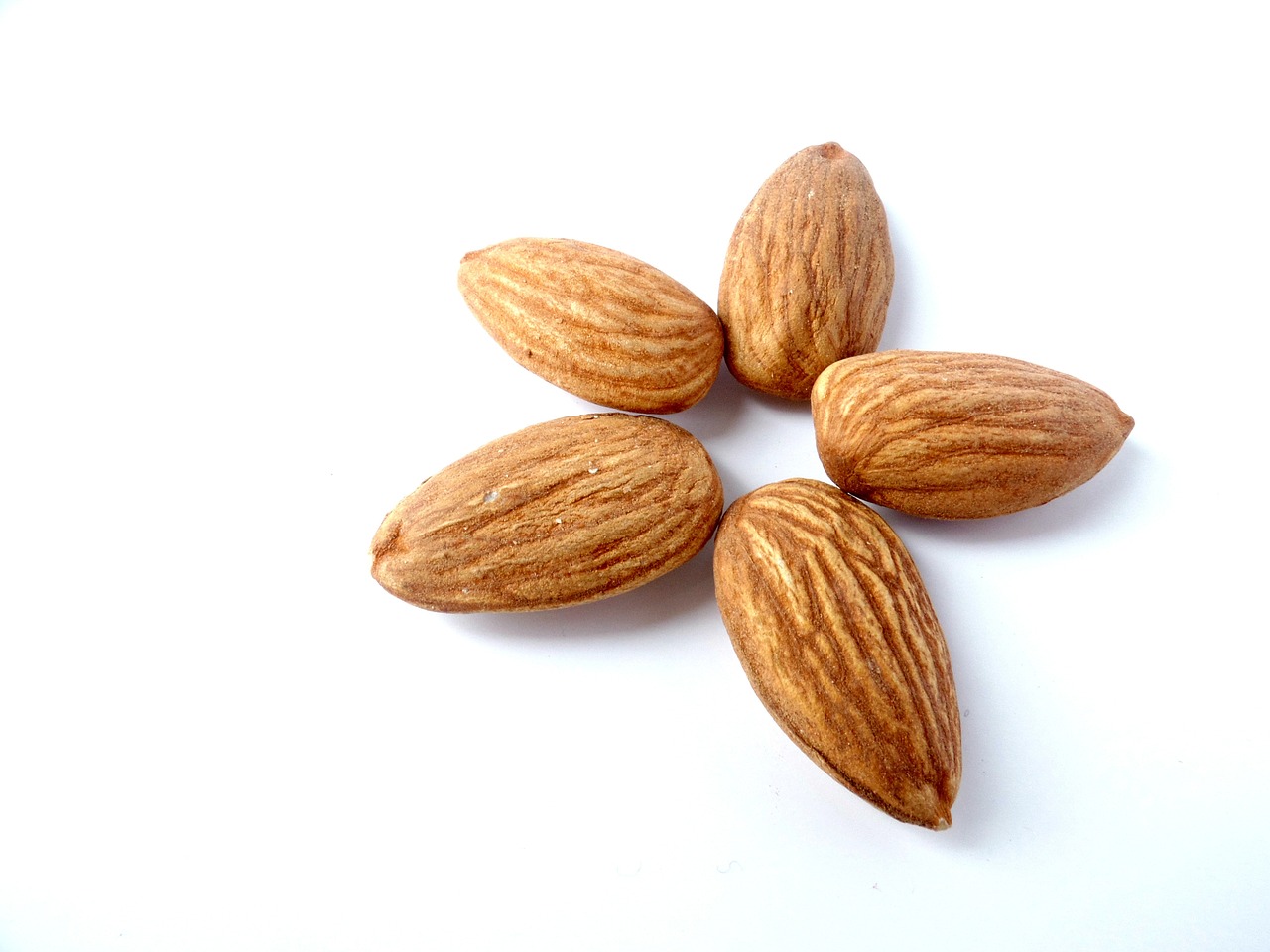 Almonds are a type of nut that is high in healthy fats, protein, fiber, and a variety of vitamins and minerals. They are a good source of vitamin E, which is important for healthy skin and immune function, and magnesium, which is important for healthy bones and muscle function. Almonds are also rich in antioxidants, which can help protect against cellular damage and reduce the risk of chronic diseases like heart disease and cancer. Additionally, eating almonds has been linked to improved blood sugar control, as they are low in carbs but high in protein and healthy fats. This makes them a good option for people who are trying to manage their blood sugar levels or lose weight. Almonds can be enjoyed on their own as a snack, or added to a variety of recipes, from salads to baked goods, to add flavor and texture.
Almonds are a type of nut that is high in healthy fats, protein, fiber, and a variety of vitamins and minerals. They are a good source of vitamin E, which is important for healthy skin and immune function, and magnesium, which is important for healthy bones and muscle function. Almonds are also rich in antioxidants, which can help protect against cellular damage and reduce the risk of chronic diseases like heart disease and cancer. Additionally, eating almonds has been linked to improved blood sugar control, as they are low in carbs but high in protein and healthy fats. This makes them a good option for people who are trying to manage their blood sugar levels or lose weight. Almonds can be enjoyed on their own as a snack, or added to a variety of recipes, from salads to baked goods, to add flavor and texture.
Coffee

Coffee is a popular beverage that is enjoyed by millions of people around the world. It is rich in antioxidants and other beneficial compounds that can provide several health benefits. Here are some of the potential health benefits of drinking coffee:
1. May reduce the risk of type 2 diabetes: Studies have found that drinking coffee may help reduce the risk of type 2 diabetes, possibly due to its ability to improve insulin sensitivity and glucose metabolism.
2. May protect against liver disease: Drinking coffee has been linked to a reduced risk of liver disease, including liver cancer, cirrhosis, and non-alcoholic fatty liver disease.
3. May improve brain function: Caffeine, the main active ingredient in coffee, is a stimulant that can help improve cognitive function, including memory, alertness, and reaction time.
4. May lower the risk of certain cancers: Some studies have found that drinking coffee may help reduce the risk of certain types of cancer, including liver, colorectal, and endometrial cancer.
5. May protect against heart disease: Drinking coffee has been linked to a reduced risk of heart disease, possibly due to its ability to lower blood pressure and improve cholesterol levels.
It is important to note that these health benefits are typically associated with moderate coffee consumption, which is generally defined as 3-5 cups per day. Drinking excessive amounts of coffee can have negative health effects, such as anxiety, insomnia, and digestive problems. Additionally, some people may be more sensitive to caffeine than others and should limit their coffee consumption accordingly.
Kiwifruit
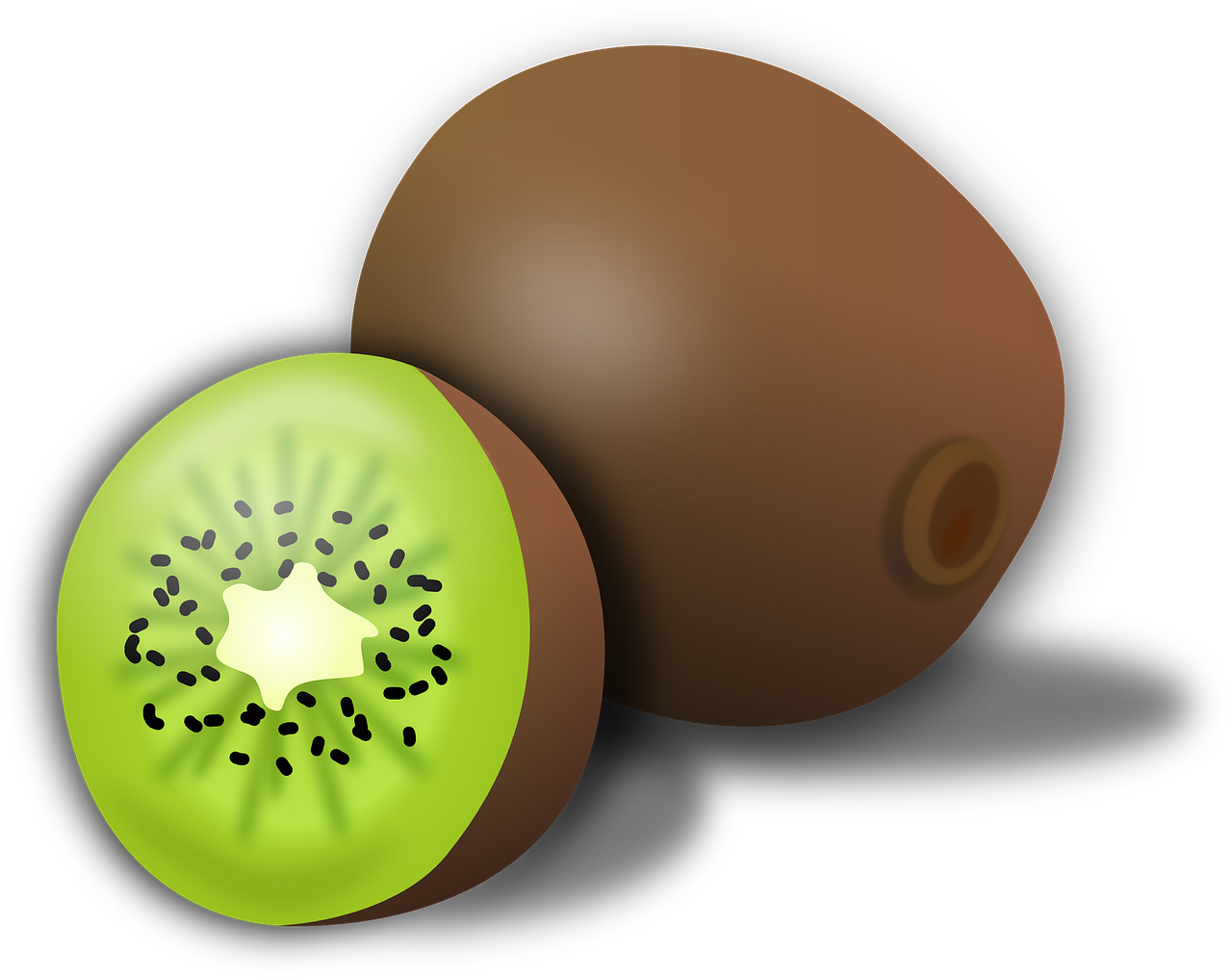
Kiwifruit is rich in fiber and contains an enzyme called actinidin, which can help promote bowel movements.
Flaxseeds 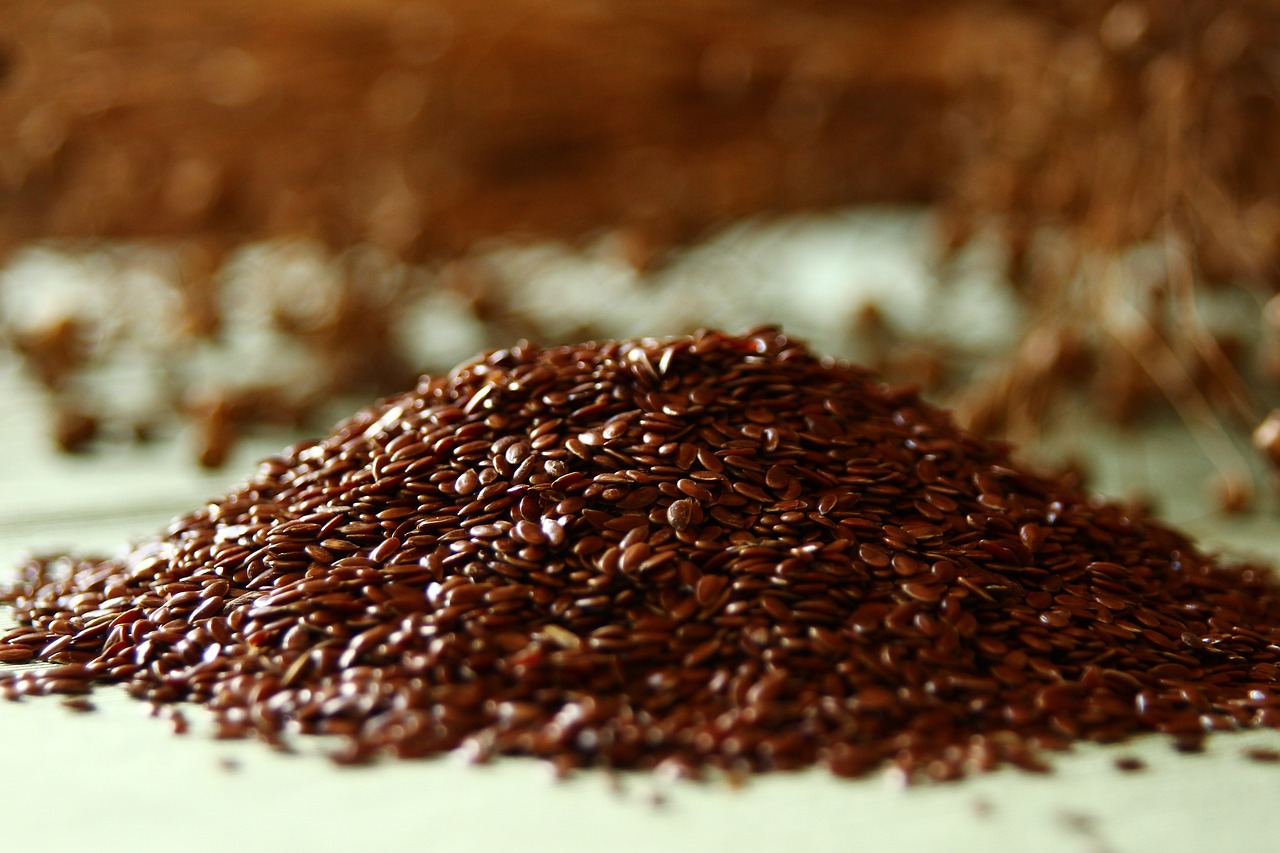
Flaxseeds are high in fiber and can help promote regular bowel movements. They also contain a natural laxative called mucilage, which helps soften stools.
Herbal teas 
Certain herbal teas, such as senna, dandelion, and licorice root, can help stimulate bowel movements and relieve constipation.
It's important to note that while these foods and drinks can help relieve constipation, it's also important to maintain a balanced and healthy diet overall.
Raspberries
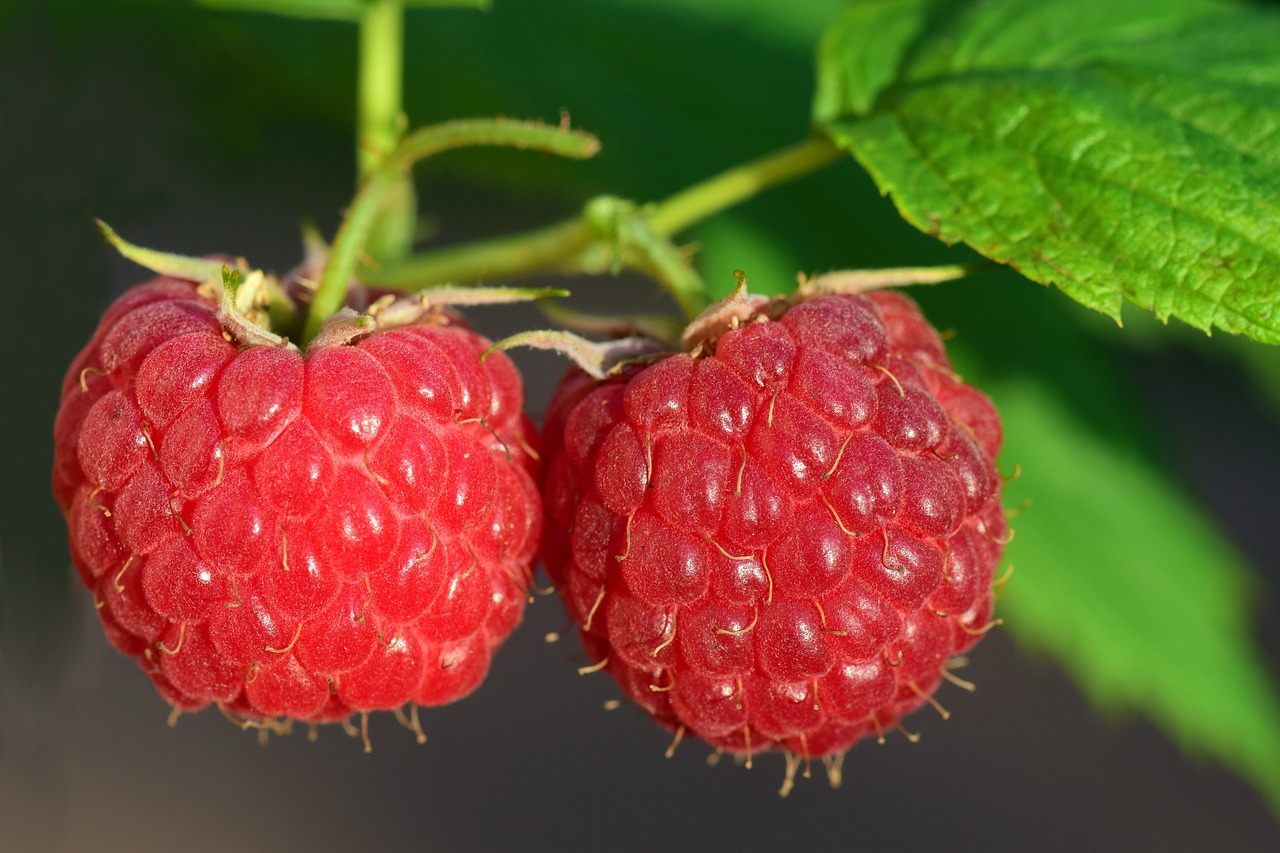
Raspberries are a type of small, sweet fruit that grows on bushes. They are usually red, but can also be black, purple, or golden. Raspberries are often used in desserts, jams, and sauces, but can also be eaten fresh or frozen. They are high in vitamin C, dietary fiber, and antioxidants, making them a healthy addition to your diet.
Pears
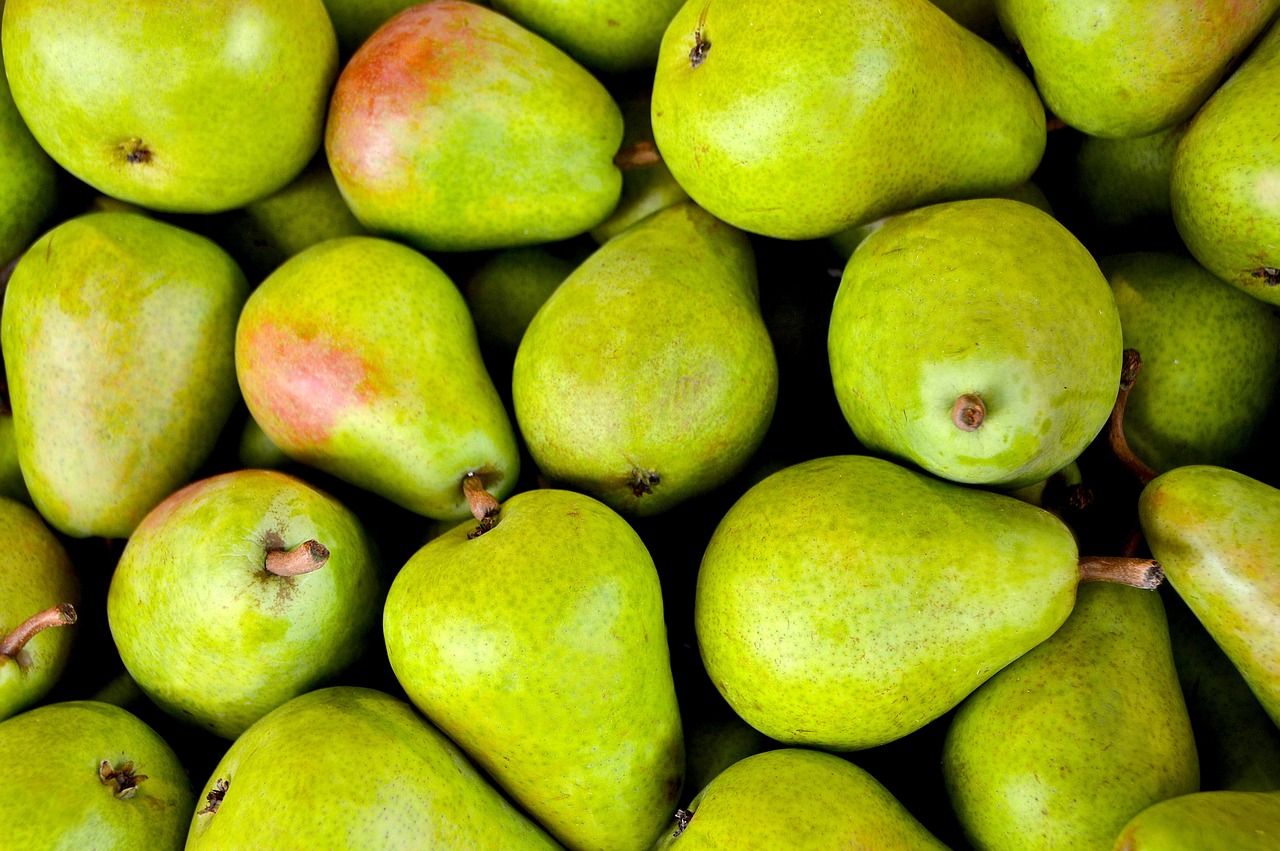
Pears are a type of fruit that are native to Europe and Asia, but are now grown in many parts of the world. They are sweet and juicy with a slightly grainy texture, and are usually eaten raw, either on their own or as part of a salad or dessert. Pears come in many different varieties, with different shapes, sizes, and colors, including green, yellow, and red. They are a good source of fiber, vitamin C, and potassium, and can be a healthy addition to your diet.
Popcorn

Popcorn is a type of corn kernel that pops when heated. It is a popular snack food, often eaten while watching movies or at sporting events. While popcorn is not particularly nutrient-dense, it does have some health benefits. For example, it is a whole-grain food, meaning it contains all parts of the grain, including the bran, germ, and endosperm. This makes it a good source of fiber, which can help promote healthy digestion and lower the risk of heart disease and other chronic conditions. Additionally, plain popcorn is low in calories and fat, making it a good option for people who are trying to manage their weight. However, it's important to keep in mind that many pre-packaged popcorn products are high in added salt, butter, or other flavorings, which can negate some of these health benefits.
Oatmeal
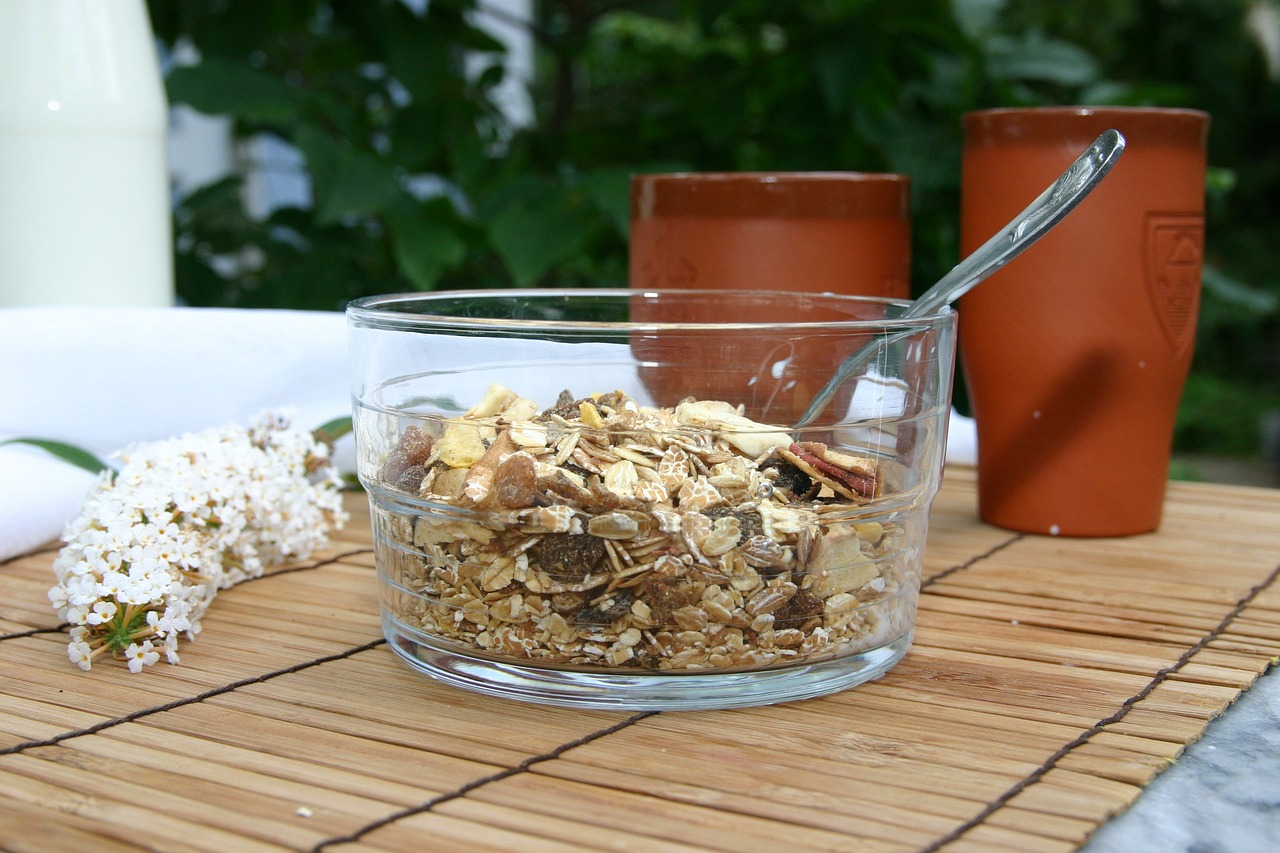
Oatmeal is a type of porridge made from oats that is often eaten for breakfast. It is a nutritious and filling food that is high in fiber and protein, making it a good choice for people who are trying to manage their weight or improve their overall health. Oatmeal is also a good source of vitamins and minerals, including iron, magnesium, and zinc. Eating oatmeal regularly has been linked to a reduced risk of heart disease, as it can help lower levels of LDL (or "bad") cholesterol in the blood. Additionally, the high fiber content of oatmeal can help regulate digestion and promote feelings of fullness, which can help prevent overeating and snacking between meals. Oatmeal can be enjoyed in many different ways, from sweet to savory, making it a versatile and delicious addition to any diet.
Turnip Greens
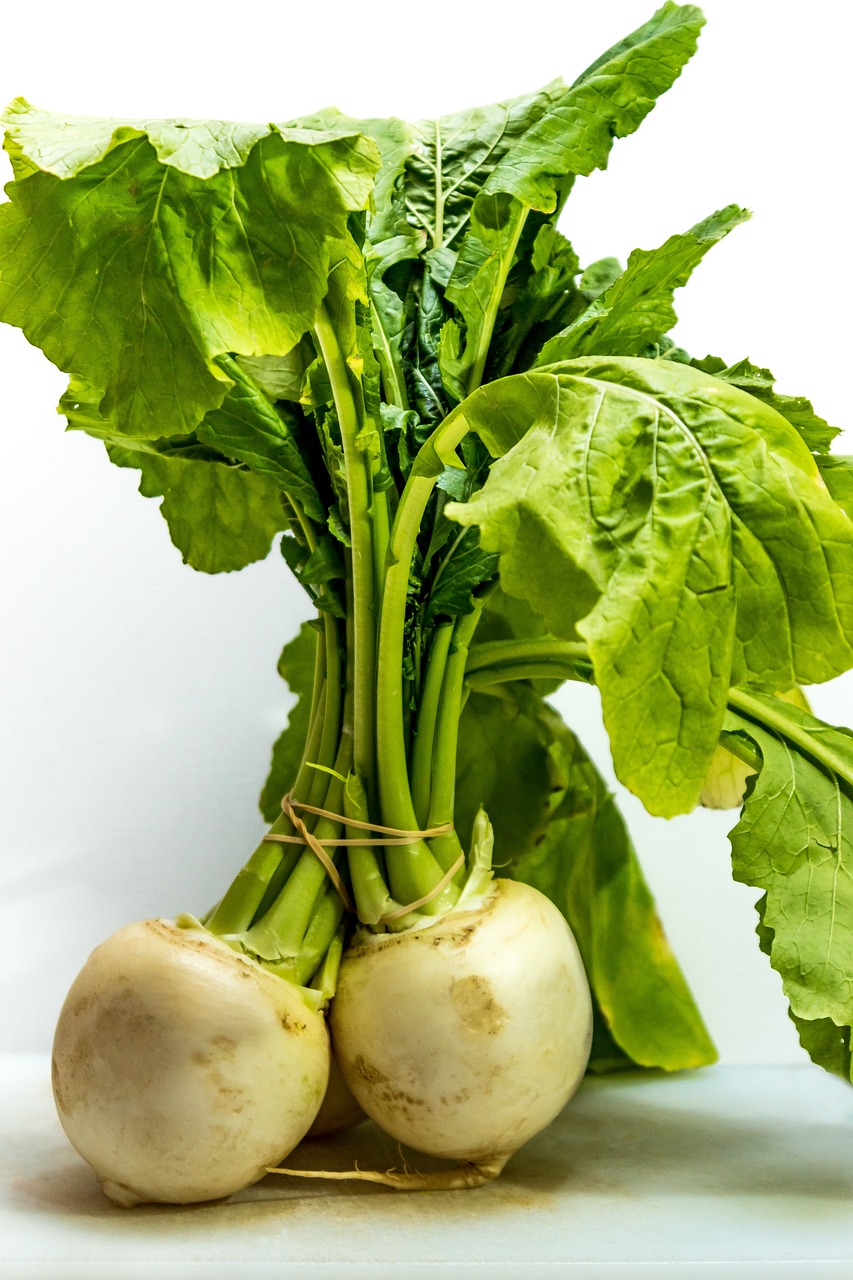
Turnip greens are the leafy greens that grow on top of the turnip root vegetable. They are a nutritious and flavorful vegetable that are high in vitamins and minerals, including vitamins A, C, and K, as well as calcium and iron. Turnip greens are also a good source of antioxidants, which can help protect against cellular damage and reduce the risk of chronic diseases like heart disease and cancer. Additionally, eating turnip greens has been linked to improved digestive health, as they are high in fiber and can help regulate bowel movements. They are also low in calories, making them a good option for people who are trying to manage their weight. Turnip greens can be enjoyed cooked or raw, and can be added to a variety of dishes, from soups and stews to salads and smoothies.
Potato Salad

Potato salad is a dish made from boiled potatoes that are typically mixed with mayonnaise, mustard, and other ingredients like pickles, onions, and celery. While potato salad can be a tasty addition to a meal, it is not particularly nutrient-dense and can be high in calories and fat, depending on how it is prepared. However, there are some potential health benefits to eating potatoes. Potatoes are a good source of vitamin C, which is important for healthy skin and immune function, as well as potassium, which can help regulate blood pressure and support healthy muscle function. They are also a good source of carbohydrates, which can provide energy for the body. However, it's important to keep in mind that potatoes are high on the glycemic index, which means they can cause a rapid increase in blood sugar levels. For this reason, it's a good idea to pair potatoes with other foods that can help slow down the absorption of carbohydrates, such as protein or fiber. Additionally, it's a good idea to choose healthy preparation methods, such as roasting or baking, instead of frying, and to limit added fats and sugars.
Farro
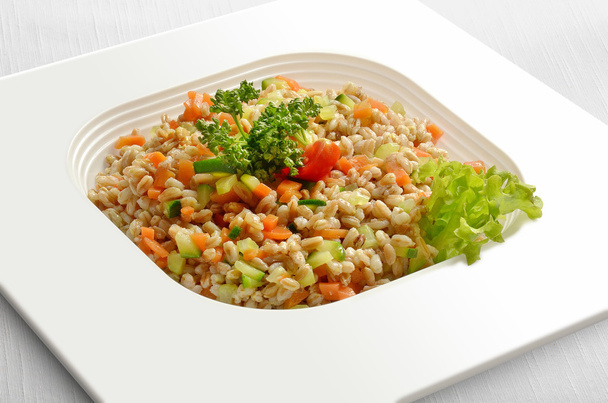
Farro is an ancient type of wheat that has been a staple food in many cultures for thousands of years. It is a nutritious and versatile grain that is high in fiber, protein, and a variety of vitamins and minerals. Farro is a good source of complex carbohydrates, which provide sustained energy for the body, as well as iron, which is important for healthy blood cells. It is also high in antioxidants, which can help protect against cellular damage and reduce the risk of chronic diseases like heart disease and cancer. Additionally, farro is a good source of magnesium, which is important for healthy bones and muscle function, and zinc, which is important for healthy immune function. Farro is often used in salads, soups, and stews, and can be enjoyed hot or cold. It has a nutty flavor and a chewy texture that makes it a satisfying and delicious addition to any meal.
Prunes
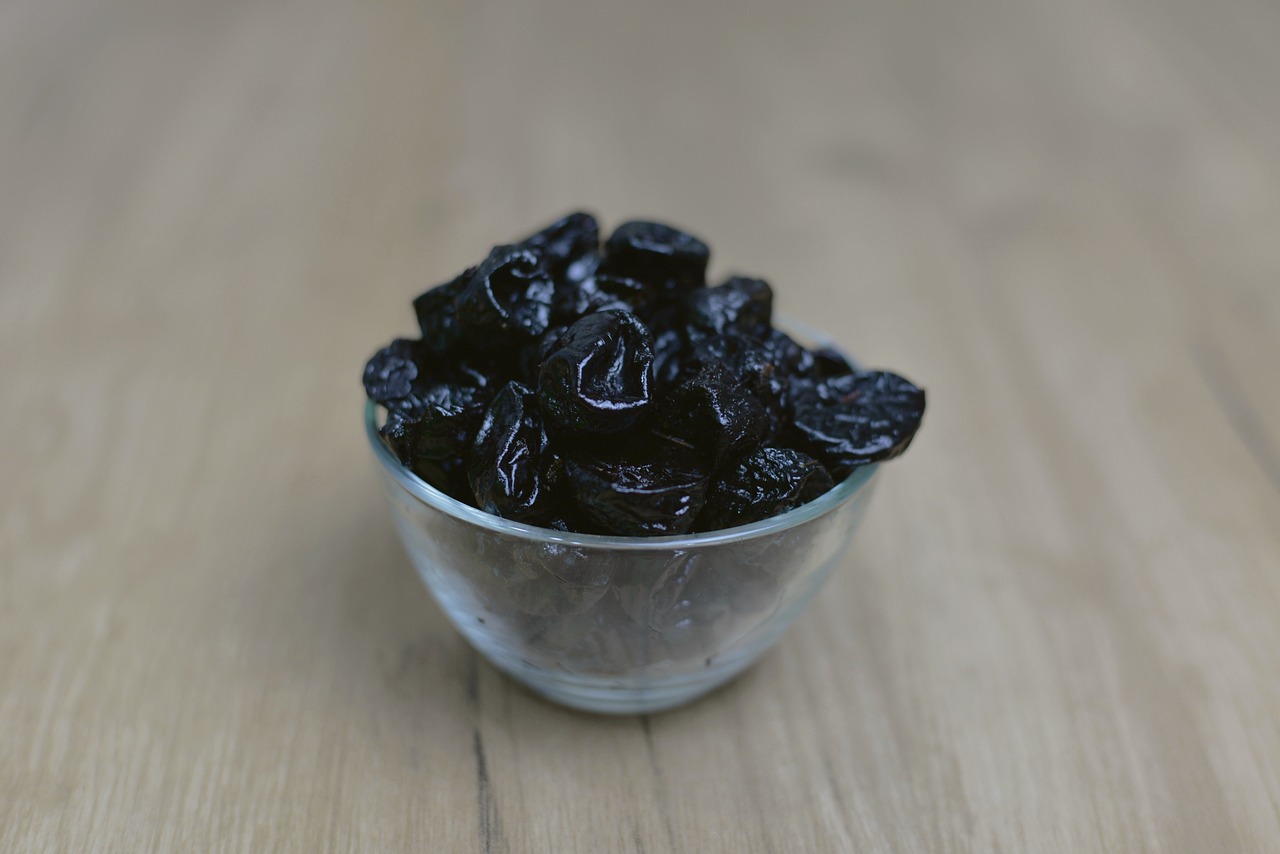
Prunes are dried plums that are often used as a natural remedy for constipation. They are a good source of fiber, both soluble and insoluble, which can help regulate digestion and promote bowel movements. Prunes are also high in antioxidants, which can help protect against cellular damage and reduce the risk of chronic diseases like heart disease and cancer. Additionally, prunes are a good source of vitamin K, which is important for healthy blood clotting, and potassium, which can help regulate blood pressure and support healthy muscle function. Prunes are a sweet and tasty snack that can be enjoyed on their own, or added to a variety of recipes, from baked goods to savory dishes. However, it's important to keep in mind that prunes are also high in sugar, so it's best to enjoy them in moderation as part of a healthy and balanced diet.
Lentils
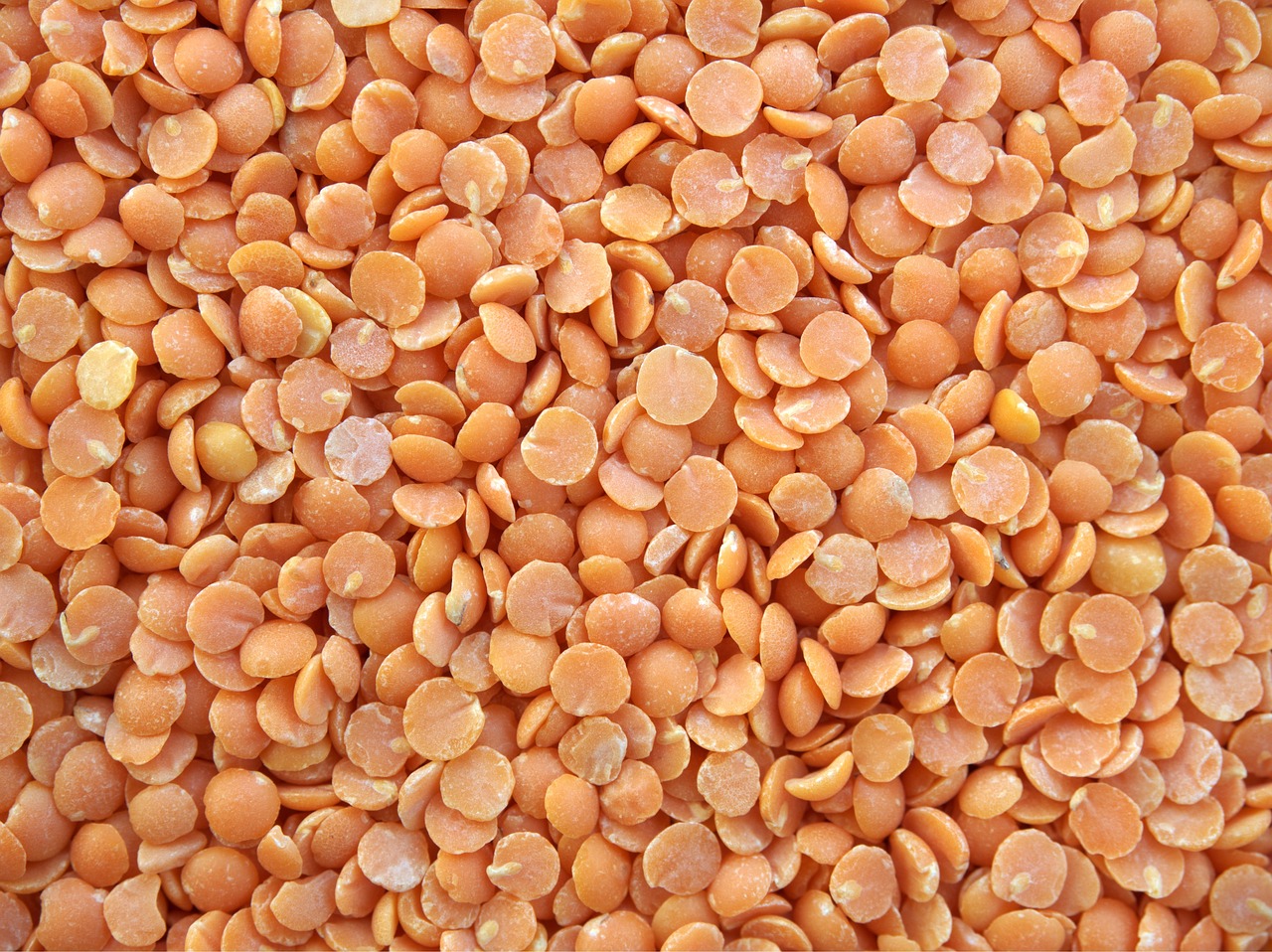
Lentils are a type of legume that are often used in cooking as a protein-rich and nutritious ingredient. They are a good source of complex carbohydrates, fiber, and plant-based protein, making them a popular ingredient in vegetarian and vegan diets. Lentils are also a good source of iron, which is important for healthy blood cells, as well as folate, which is important for healthy fetal development during pregnancy. Additionally, lentils are low in calories and fat, making them a good option for people who are trying to manage their weight or improve their overall health. Eating lentils regularly has been linked to a reduced risk of heart disease, as they can help lower levels of LDL (or "bad") cholesterol in the blood. Lentils come in many different varieties, including green, brown, and red, and can be enjoyed in many different dishes, from soups and stews to salads and side dishes.
Yogurt

Yogurt is a fermented dairy product that is rich in nutrients and has many potential health benefits. It is a good source of protein, calcium, and other important vitamins and minerals, including vitamin B12 and magnesium. Yogurt also contains beneficial bacteria known as probiotics, which can help promote healthy digestion and boost the immune system. Eating yogurt regularly has been linked to a reduced risk of certain chronic diseases, such as heart disease and type 2 diabetes. Additionally, yogurt may help promote weight loss and improve overall body composition, as it is low in calories and high in protein, which can help promote feelings of fullness and reduce overall calorie intake. It is important to choose plain yogurt with no added sugars, as many flavored yogurts can be high in added sugars, which can negate some of these health benefits. Yogurt can be enjoyed on its own, or used as a healthy ingredient in many recipes, from smoothies to dips and dressings.
Water

Water is a colorless, tasteless, and odorless substance that is essential for life. It is the most abundant substance on earth, and is vital for the proper functioning of the human body. Here are some of the potential health benefits of drinking water:
1. Promotes healthy hydration: Drinking water is essential for maintaining proper hydration levels, which can help regulate body temperature, support healthy digestion, and keep the body functioning properly.
2. Aids in weight loss: Drinking water can help promote weight loss by increasing feelings of fullness and reducing overall calorie intake. It can also boost metabolism and support healthy digestion.
3. Improves cognitive function: Proper hydration is important for brain function, and drinking water can help improve concentration, memory, and overall cognitive function.
4. Boosts immune function: Drinking water can help support healthy immune function, as it helps flush toxins out of the body and supports the production of lymphocytes and other immune cells.
5. Helps prevent headaches: Dehydration is a common cause of headaches, and drinking water can help prevent and alleviate headaches by promoting proper hydration.
It is important to drink enough water to maintain proper hydration levels, which can vary depending on a person's age, sex, and activity level. In general, adults should aim to drink 8-10 cups of water per day, or more if they are physically active or live in a hot climate.
Watermelon

Watermelon is a juicy and refreshing fruit that is high in water content and packed with nutrients. It is a good source of vitamin C, which is important for healthy skin and a strong immune system, as well as other antioxidants that can help protect against cellular damage. Watermelon is also high in lycopene, a type of carotenoid that has been linked to a reduced risk of heart disease and certain types of cancer. Additionally, watermelon is low in calories and high in fiber, making it a good option for people who are trying to manage their weight or improve their digestion. It is also a good source of potassium, which can help regulate blood pressure and support healthy muscle function. Overall, watermelon is a delicious and nutritious addition to a healthy diet.















